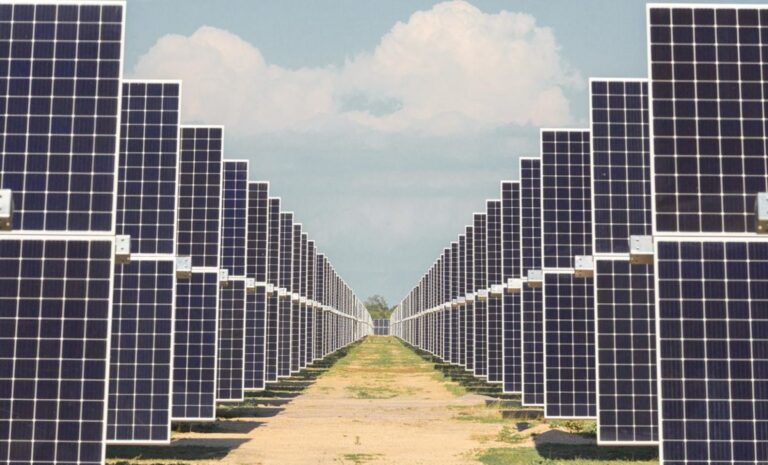These are 283 renewable projects for 28 GW, 66% of the 428 that have started the process, and 70% after undergoing adjustments to meet various conditions, especially environmental ones.
A total of 428 renewable energy generation projects had initiated the process with the intention of obtaining the necessary administrative construction permit, but only 321 projects received a favorable environmental impact assessment, and in 70% of cases mandatory conditions had to be met in order to proceed .
Approximately 37,000 MW of renewable energy – including approximately 30 GW of PV – that gained access and connection to the electricity grid after December 31, 2017 were at risk of losing these rights when the extension to obtain the administrative construction permit expired. Originally, the deadline for obtaining the permit expired in January this year, but in extremis it was extended by six months, until July 25, 2024 (or July 26 in some communities, as the 25th is a public holiday), while the administrative operating permit was extended for a maximum of eight years, until June 25, 2028.
On Monday, the Ministry for the Ecological Transition and the Demographic Challenge (MITECO) granted the Administrative Construction Permit to 283 renewable energy projects that had to obtain them before July 25, in accordance with the deadlines established by law. The projects, with a total capacity of 28,123 MW, will require a total investment of more than €17 billion ($18.4 billion) and will create approximately 300,000 jobs.
A total of 283 projects have now received approval, 66% of the projects that have started the process. Of all these projects, 43 are wind energy projects, with an associated capacity of 2,680 MW, while 239 are photovoltaic projects, with an associated capacity of 24,870 MW, to which a pumped hydroelectric power plant of 573 MW is added.
All approved projects can start construction immediately and must be put into service within three years, contributing to achieving the objectives of the Spanish National Integrated Energy and Climate Plan (PNIEC), whose draft update proposes 2023-2030 to triple currently installed PV capacity to more than 76. GW, and double wind power to more than 62 GW, to cover 81% of electricity with clean energy by the end of the decade.
The Valencian Community announced last week that it had authorized the construction of 23 PV installations with a combined capacity of 738 MW.
This content is copyrighted and may not be reused. If you would like to collaborate with us and reuse some of our content, please contact: editors@pv-magazine.com.


